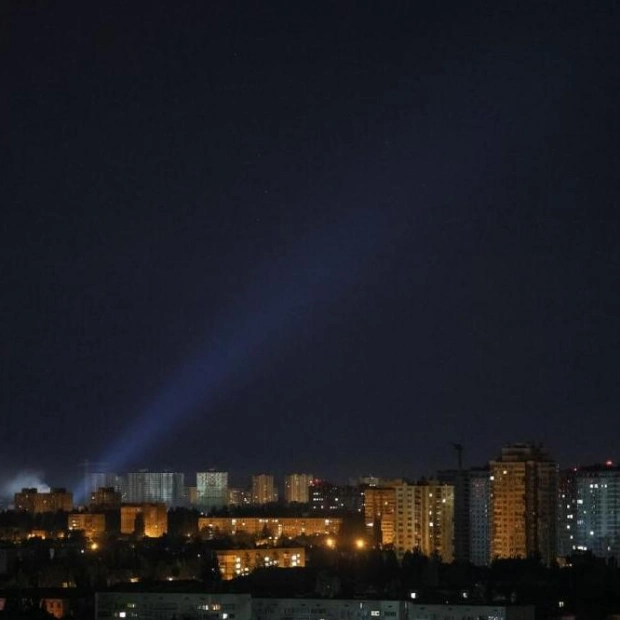A visitor engages with the 'digital twin' of the late French poet Arthur Rimbaud, an AI-generated creation by Alsatian startup Jumbo Mana that interacts with visitors, showcased at the poet's house in Charleville-Mézières on May 13, 2024. – AFP
In the summer of 1876, the rebellious French poet Arthur Rimbaud arrived on the Indonesian island of Java, joining the colonial Dutch army only to desert after two weeks, leaving his escape a mystery even 150 years later. Today, in Java's Salatiga city, where coffee trees and bougainvilleas flourish, only a plaque at the mayor's residence marks the brief visit of a man who inspired writers from James Joyce to Jim Morrison. Recognizing his profound influence, the Indonesian education and culture ministry is contemplating honoring his Javanese journey with a memorial trail.
'I believe nearly every Indonesian poet who views poetry as an expression of the subconscious and a surrealist manifestation has read Arthur Rimbaud at least once,' said Salatiga-born writer Triyanto Triwikromo. In his 1873 poem 'Bad Blood,' Rimbaud wrote: 'My daytime is done; I am leaving Europe. The air of the sea will burn my lungs; lost climates will turn my skin to leather.' Imagining journeys to 'peppery, soggy countries' and 'archipelagos of stars,' he arrived in Batavia (now Jakarta) on July 23, 1876, after enlisting for six years in the colonial Dutch army, according to biographers.
Rimbaud then sailed to Java's Semarang, over 400 kilometers away, before boarding a colonial rail network designed for troops and spices. He departed with fellow recruits, including some French compatriots, southward to Ambarawa town, as detailed in Jamie James' 2011 book 'Rimbaud in Java: the Lost Voyage.' Ambarawa station, now a railway museum, offers steam train rides to Tuntang, from which Rimbaud walked the final 10 kilometers to Salatiga.
'I've never heard of Rimbaud,' said Okta, a tour guide who uses one name, before boarding an old wooden carriage. 'But it's a fascinating story we should share with our visitors,' she added, noting that 100,000 tourists visit annually, 30 percent of them foreigners. On August 15, 1876, the author of the anti-military poem 'The Sleeper in the Valley' fled his barracks before being deployed to Aceh, Sumatra. Authorities are now planning a memorial trail connecting with the plaque noting Rimbaud's stay in Salatiga from August 2 to 15, 1876.
'We are open to any initiative to highlight Rimbaud's time in Java,' said Hilmar Farid, a director-general at the education and culture ministry. Sri Sarwanti, head of Salatiga's library and archives office, expressed a desire to 'strengthen and remind people of what Arthur Rimbaud has brought to our region.' Leaving Salatiga, a town of 1,000 at the time, Rimbaud might have sought refuge in a hut at the foot of the Merbabu volcano, attempting the pastoral life he envisioned in 'Bad Blood.'
However, the final weeks in Indonesia for the poet, who died in Marseille at 37, remain enigmatic. After deserting, it is known only that Rimbaud sailed for Europe, later arriving in Cyprus, before moving on to Yemen and Ethiopia.






